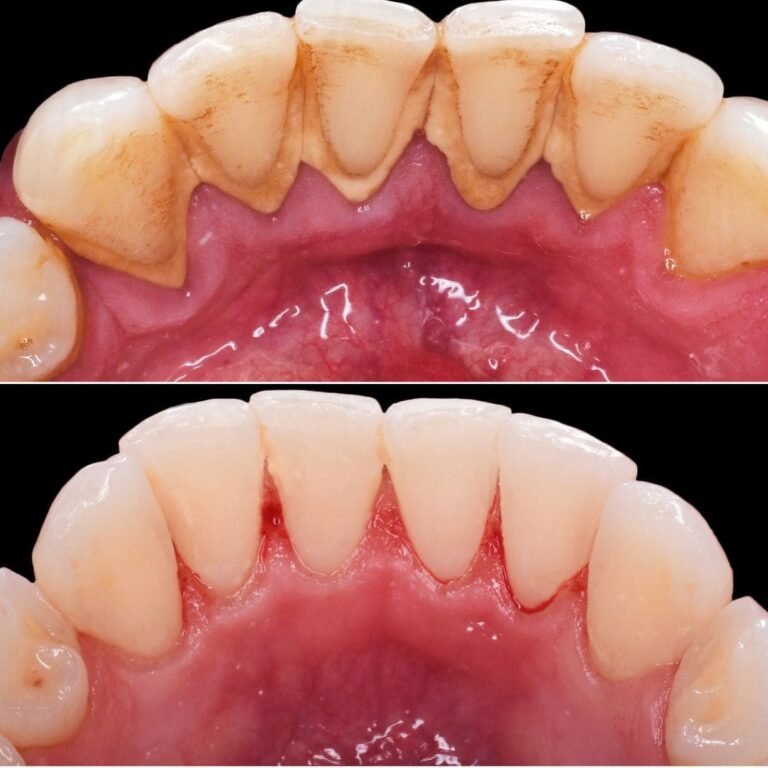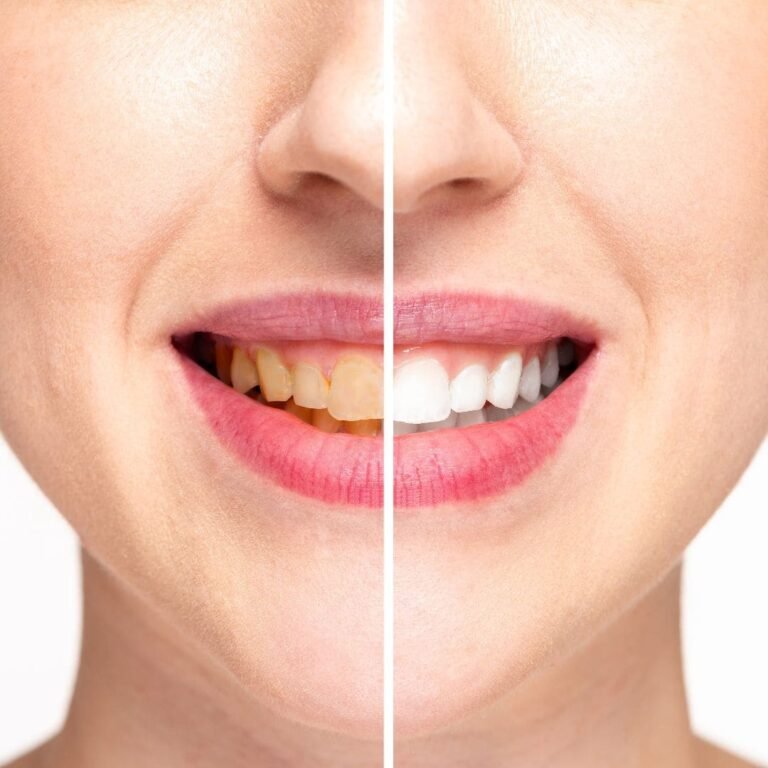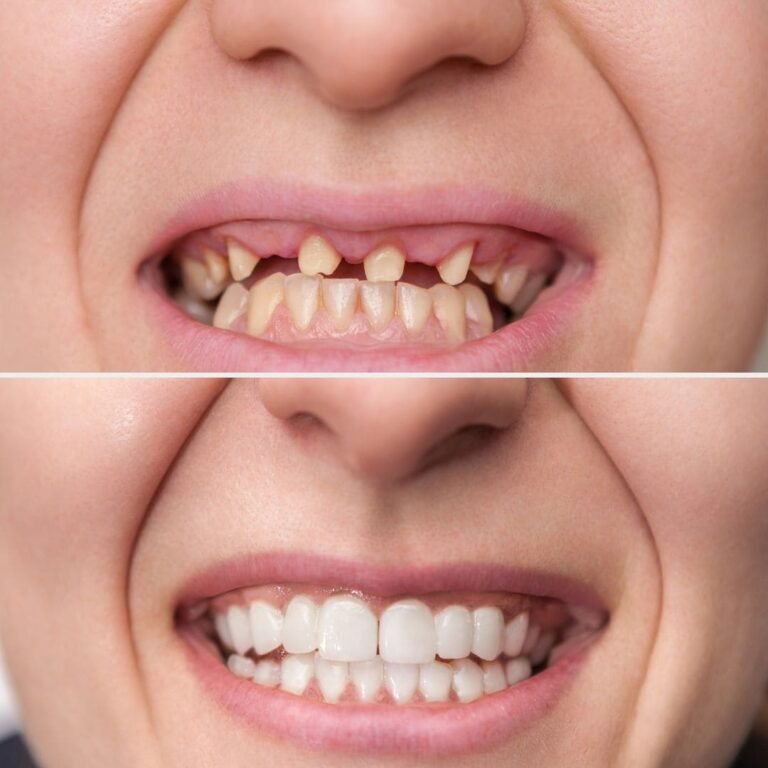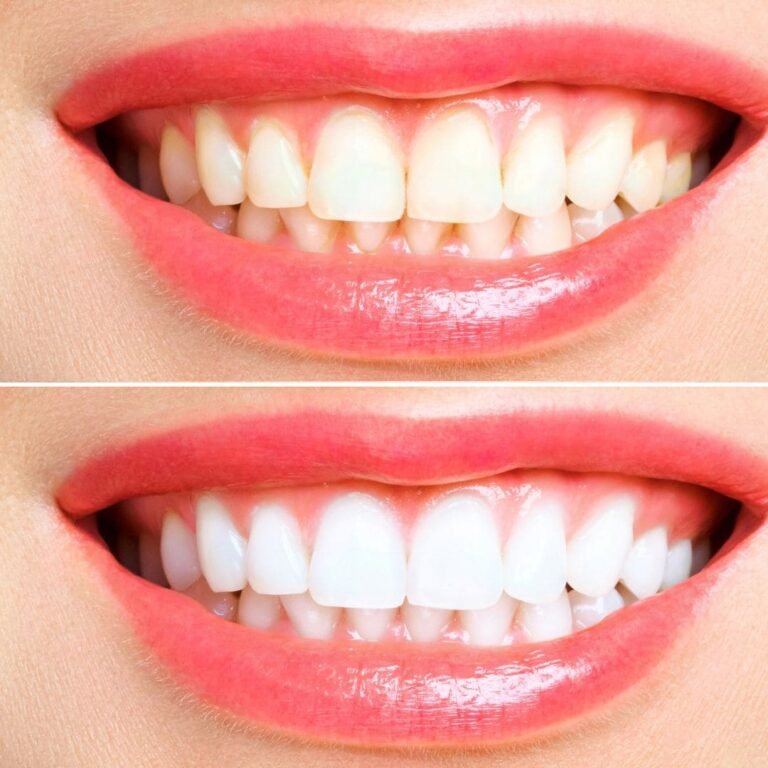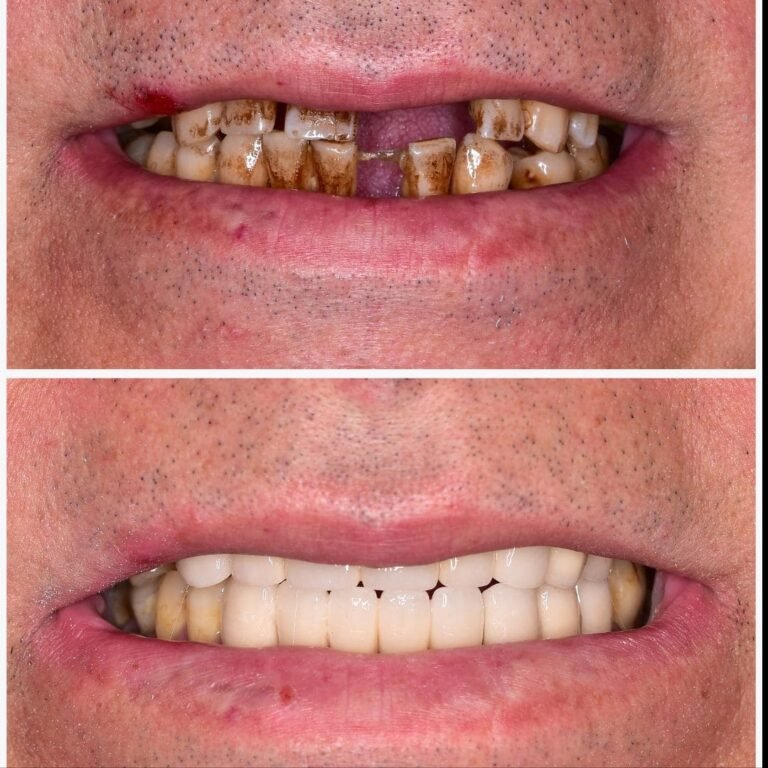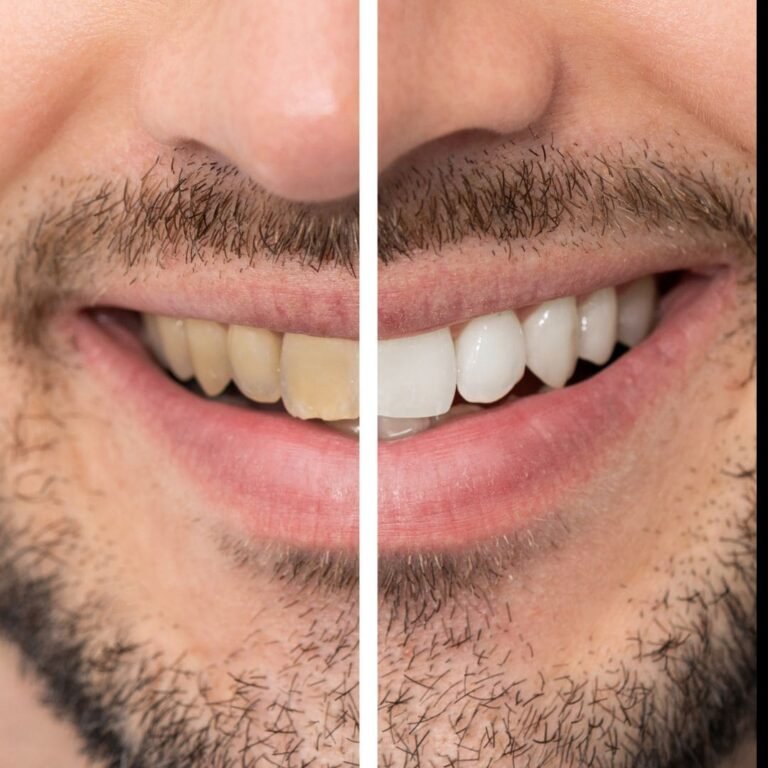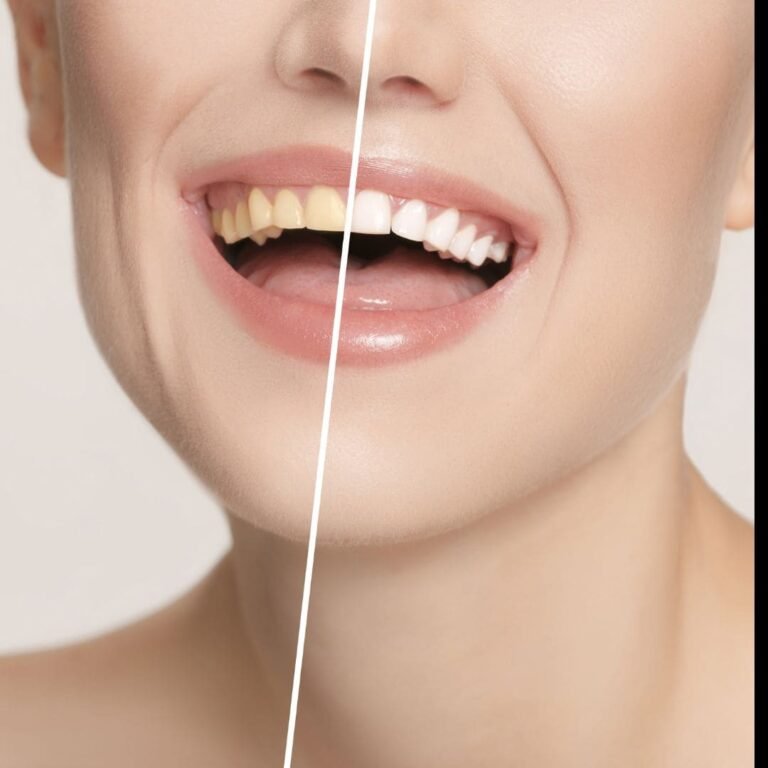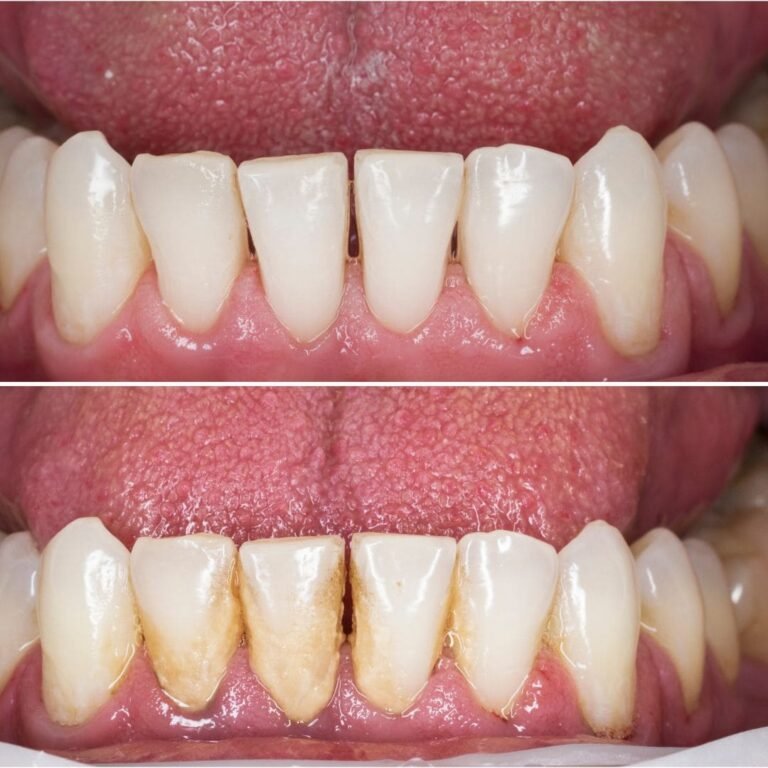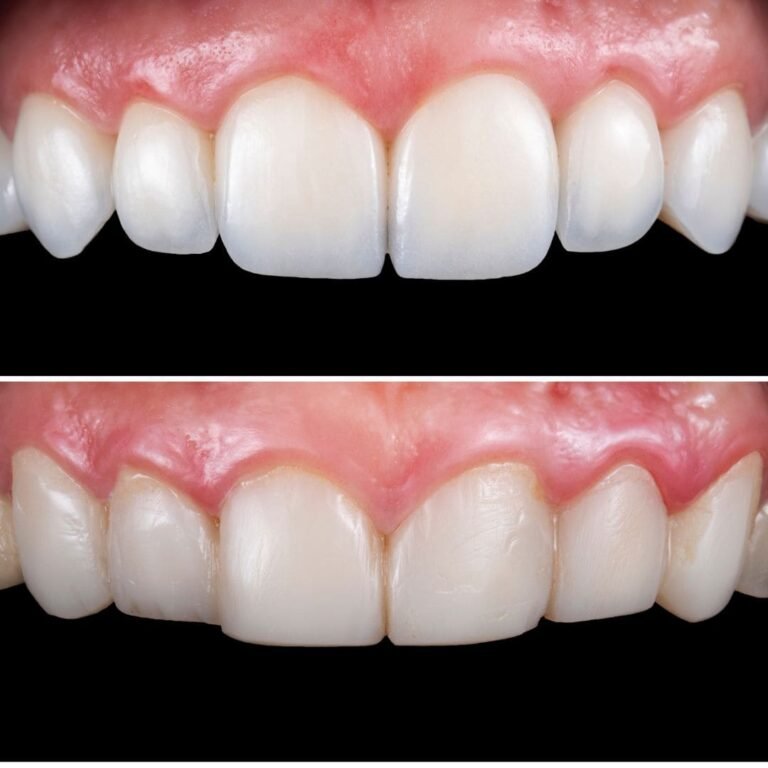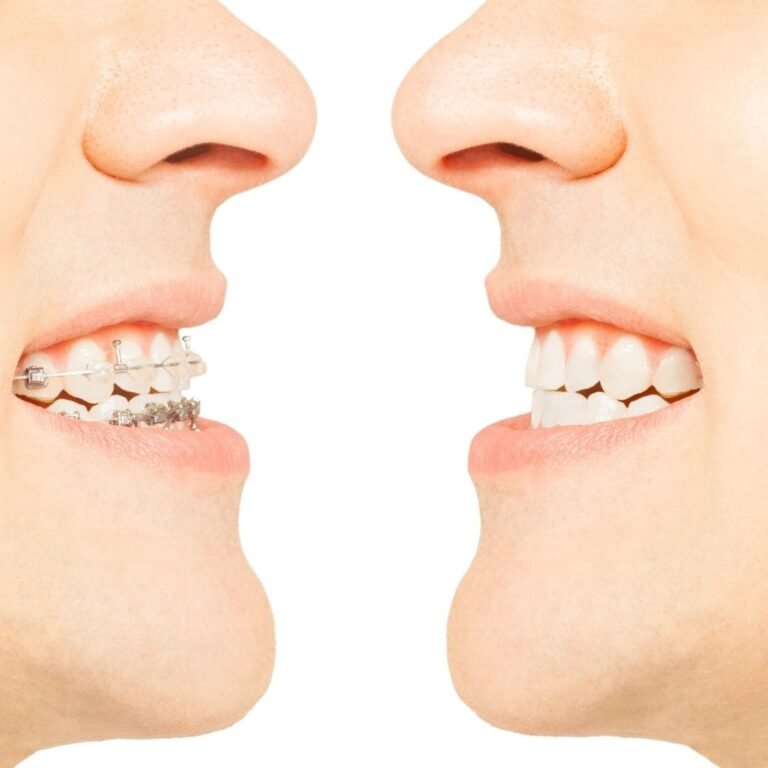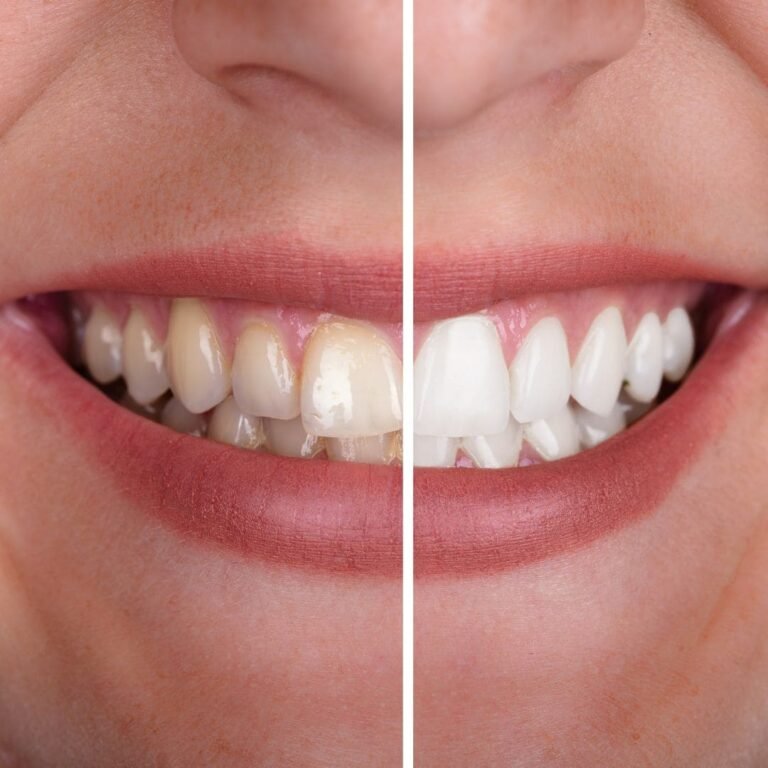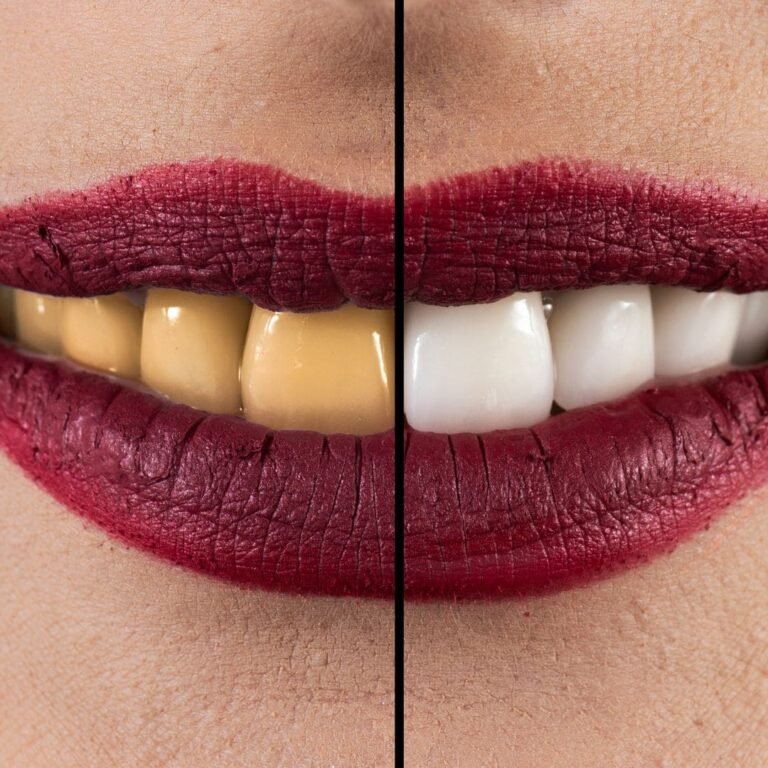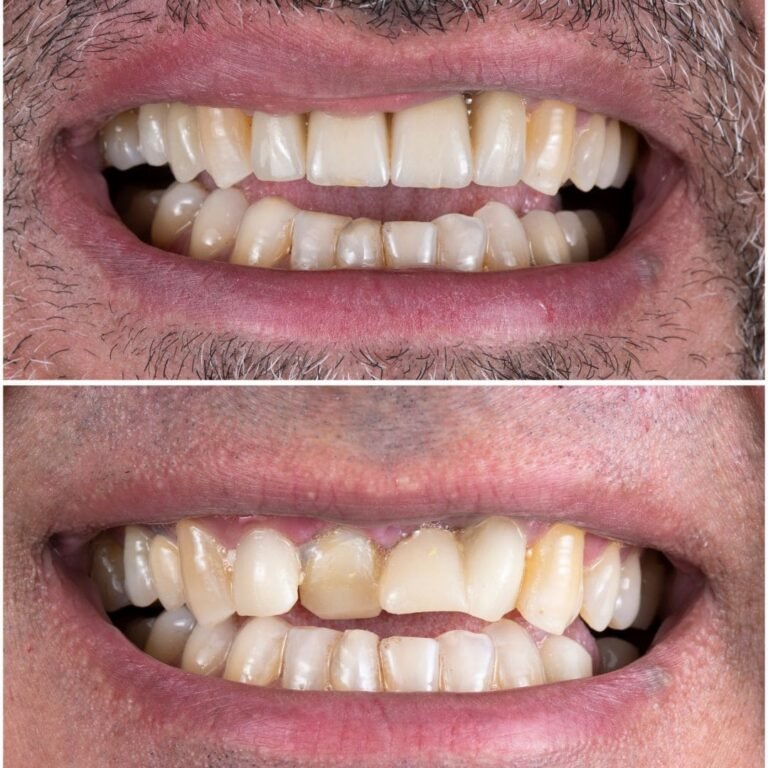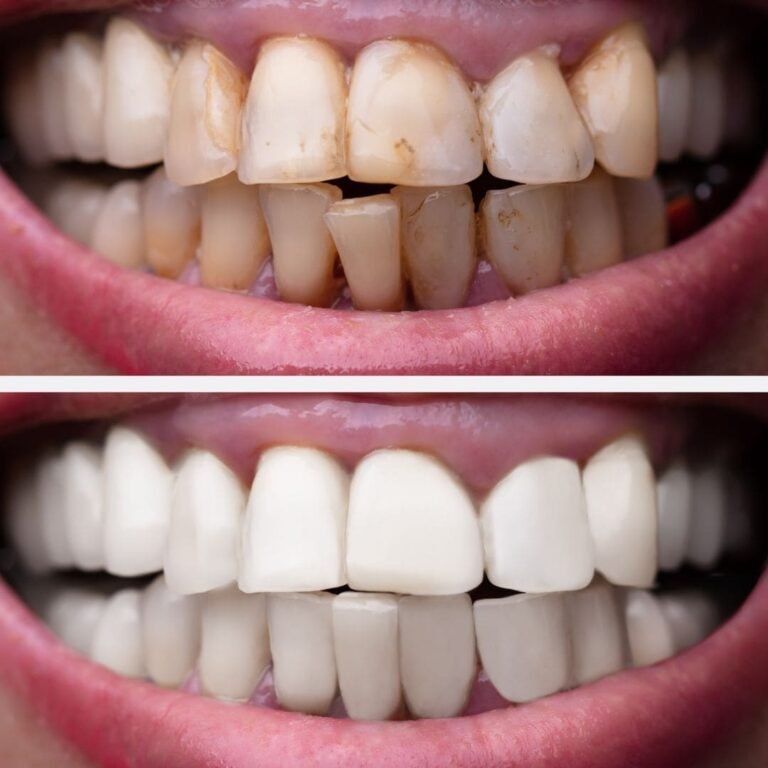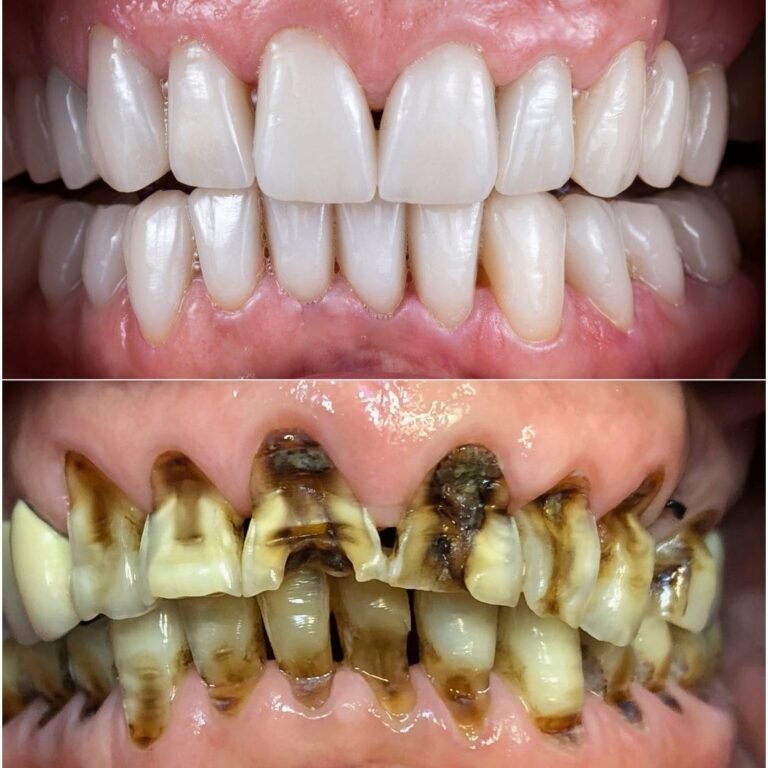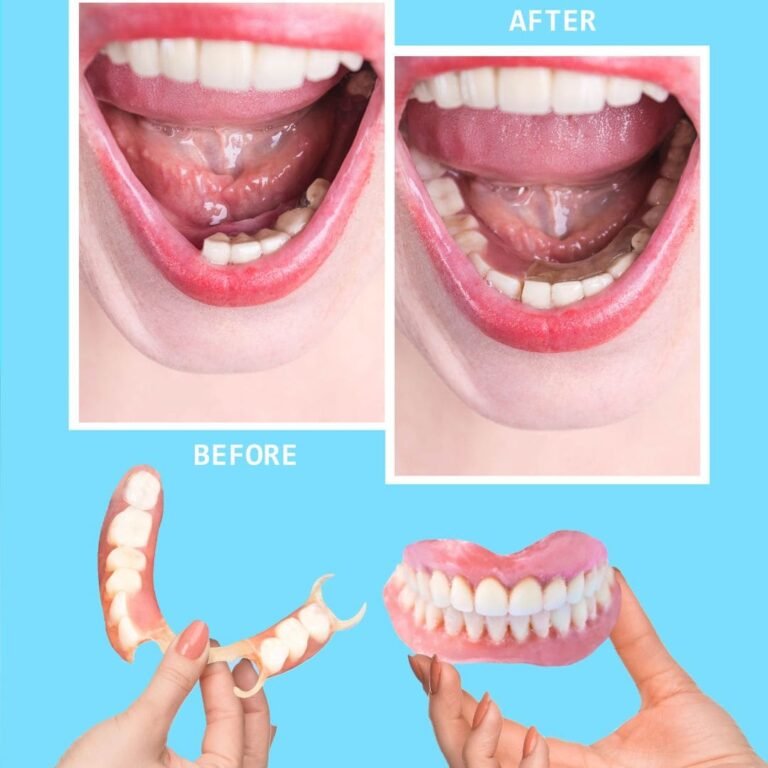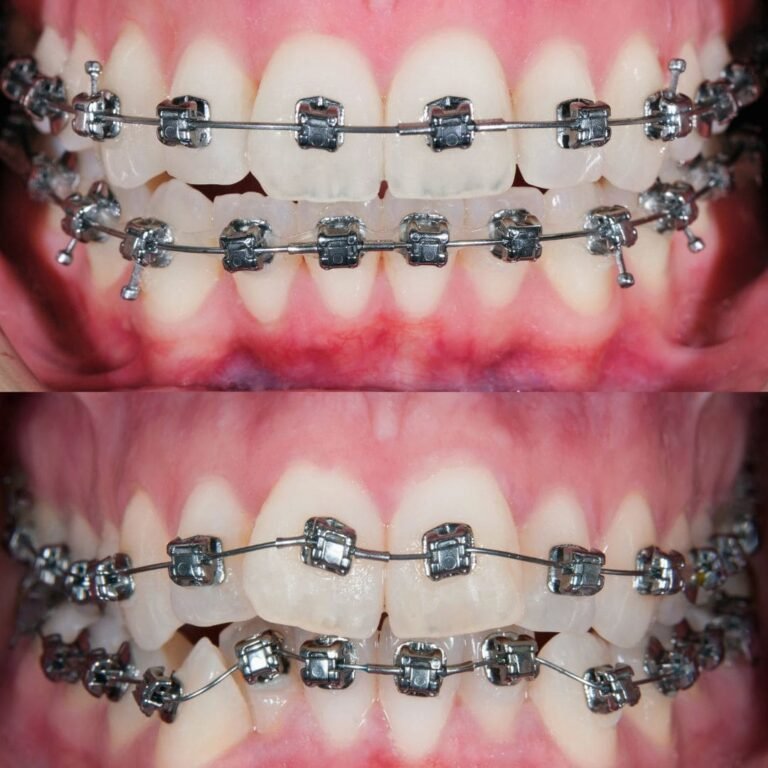Tooth Extraction in Santa Clarita, CA
Ready for a Healthy Smile? Contact Us Today!
Happy Stories
EXCELLENTTrustindex verifies that the original source of the review is Google. So many great things to say about Castaic Dental! The staff-Amazing! The Dentist-Amazing! They’re honest and really care about your dental health. The office is clean, they always play good music which helps me relax .. if you’re looking for a trustworthy dentist look no further.. This is it.Posted onTrustindex verifies that the original source of the review is Google. Castaic Dental Center is an excellent dental office. Dr Charu and her staff are helpful, respectful, and patient:) Dr Charu always answers all my questions and concerns about current and future dental work. Dr Charu is the best!Posted onTrustindex verifies that the original source of the review is Google. I’ve been going here for over 25 years it’s the bestPosted onTrustindex verifies that the original source of the review is Google. I had an amazing experience with the doctor. I had a filling done After a root canal and felt no pain whatsoever.Posted onTrustindex verifies that the original source of the review is Google. I recently visited Castaic Dental and couldn’t be happier with my experience. Right from the moment I walked in, I was impressed by the clinic’s immaculate hygiene standards — the place is spotless, with sterilization and safety protocols clearly a top priority. It instantly put me at ease, especially in today’s times when cleanliness is non-negotiable. The entire team is incredibly professional and courteous. They take the time to explain procedures in detail, making sure you’re comfortable and informed every step of the way. Dr. Charu Aggarwal is not only skilled but also genuinely caring, ensuring that each treatment is as painless and stress-free as possible. What stood out most was the value for money. Dental treatments can often be expensive, but Castaic Dental offers top-quality care at very reasonable prices, without ever compromising on quality. It truly feels like you’re getting premium service at a fair cost.Posted onTrustindex verifies that the original source of the review is Google. Dr Charu and her staff is the best. Best dental experience and no over selling. Highly recommendedPosted onTrustindex verifies that the original source of the review is Google. Visited on 7th July 2025 I had a great experience on my recent visit. Charu did an outstanding job with the cleaning — everything was spotless and well-maintained. She was extremely courteous, professional, and clearly experienced in her work. Truly appreciated her attention to detail and positive attitude. Highly recommended!
Get a Dazzling Smile Now
Call Us Today To
Book An Appointment
Your Oral Health Matters to Us
What is Tooth Extraction and how is it done?
Taking out a tooth is called tooth extraction. This is done by a dentist. This is generally done in at clinic or a hospital.
- Before the extraction, antibiotics might be advised by the dentist.
- To make tooth feel numb, generally anesthesia is used.
- The dentist uses specially designed equipment to loosen the tooth.
- Then, they will use a pair of pliers to pull the tooth out.
If a more complex tooth extraction is needed:
- Patient might be given medicine to help you relax or sleep, as well as medicine to keep you free from pain.
- The doctor might take out several teeth in the same way.
- For a tooth that is stuck, the doctor might make a cut in the gum and take out some bone.
- This tooth will be pulled out with special tools. Should it be difficult to remove, it may have to be broken down into tiny parts.
After the tooth is extracted:
- After cleaning the area, the dentist will file down the bone’s jagged edges.
- The gum may need to be stitched together.
- For halting the bleeding, patients will be required to bite down on a moist cotton bud.
Risks Associated While Extracting Tooth
Tooth extraction, while a common dental procedure, carries certain risks. Understanding these risks can help you make informed decisions about your oral health.
Common Risks of Tooth Extraction
- Infection: This is a risk with any surgical procedure. Bacteria can enter the wound, leading to infection.
- Dry socket: This occurs when the blood clot that forms after extraction falls out, exposing the sensitive bone.
- Bleeding: Some bleeding is normal after extraction, but excessive bleeding may require further treatment.
Less Common Risks of Tooth Extraction
- Damage to nearby teeth or nerves: The dentist takes care to avoid this, but it can happen, especially with wisdom tooth extractions.
- Jaw joint problems: In rare cases, extraction can affect the temporomandibular joint (TMJ), causing pain or discomfort.
- Sinus perforation: If the tooth is close to the sinus cavity, the dentist may accidentally puncture it during extraction.
- Healing problems: Some people may experience delayed healing or difficulty with bone regeneration.
Additional Risks of Tooth Extraction
- Reaction to anesthesia: While rare, some people may have allergic reactions to the anesthesia used during the procedure.
- Difficulty swallowing: This can occur temporarily after extraction, especially if the tooth was located in the back of the mouth.
Precautions after Tooth Extraction
After tooth extraction, it is important to take care of your mouth to prevent complications and promote healing. Here are some precautions to follow:
- Rest: Take it easy for the first few days after surgery. Avoid strenuous activity that can raise your blood pressure and increase bleeding.
- Bleeding: Some bleeding is normal after tooth extraction. Bite down on a gauze pad for 30 minutes to an hour to control bleeding. If bleeding persists, contact your dentist.
- Ice: Apply ice packs to your face for 20 minutes at a time to reduce swelling and pain.
- Pain management: Over-the-counter pain relievers can help manage pain and discomfort. Avoid aspirin, as it can increase bleeding.
- Diet: Eat soft foods that are easy to chew. Avoid hot, spicy, or crunchy foods that can irritate the extraction site.
- Oral hygiene: Brush your teeth gently and avoid the extraction site for the first few days. Use a saltwater rinse to keep your mouth clean and prevent infection.
- Smoking and alcohol: Avoid smoking and alcohol for at least a week after surgery, as they can delay healing and increase the risk of complications.
- Follow-up: Schedule a follow-up appointment with your dentist to check on your healing and remove any stitches.
- Report any problems: Contact your dentist if you experience any unusual symptoms, such as severe pain, fever, swelling, or difficulty opening your mouth.
FAQs
You might need to extract a tooth if it’s severely damaged, infected, or causing pain. Sometimes, wisdom teeth need to be removed because they don’t grow in properly.
You will likely feel some discomfort during the extraction procedure. However, your dentist will use anesthesia to numb the area, making it less painful.
While anesthesia can significantly reduce pain, it’s not always possible to make the extraction completely painless. You might still feel some pressure or tugging.
There are two ways to pull out a tooth: simple and surgical.
- Simple Extraction: This is when the tooth can be pulled out easily.
- Surgical Extraction: This is when the tooth is stuck or has grown in a weird way, so the dentist needs to cut the gum or bone to get it out.
Yes, it will hurt a little after the tooth is pulled out. The dentist will give you medicine to help with the pain.
The dentist will use a numbing cream on your gum before giving you the shot. This will make the needle prick feel less painful.
You can see your regular dentist or a specialist called an oral surgeon. They will examine your mouth and decide if you need to have your wisdom tooth pulled out.
No, wisdom tooth extraction is not usually too painful. Your dentist will use anesthesia to numb the area around the tooth before the procedure. You may feel some discomfort after the surgery, but this can be managed with over-the-counter pain relievers.
No, wisdom tooth extraction should not cause your gums to become loose. In fact, removing impacted wisdom teeth can sometimes help prevent gum disease.
No, there is no risk of losing your eyesight after wisdom tooth extraction. The procedure is performed on your teeth, not your eyes.
The dental services provided by Castaic Dental Centre are highly rated. They offer many different dental treatments which also includes wisdom tooth removal. Their dentists are experienced and use the latest techniques and tools. Throughout the process, they watch out for the safety and comfort of the patients. Each patient receives individual attention and care at the clinic.
The tooth extraction cost will vary depending on the location of the tooth and the type of extraction needed. An atraumatic extraction where the tooth is gradually elevated and removed will typically cost less than a surgical extraction. Larger and difficult to access teeth, like wisdom teeth, typically cost more to extract.
You will learn about tooth extraction costs in your consultation at Castaic Dental Center.
To put the range of tooth extraction costs into perspective, a simple extraction with local anesthesia could cost around $150, while a surgical extraction could cost $650 or more in some cases. Take these figures with a large grain of salt because your case will depend on several factors. The best way to learn about tooth extraction costs is to book an appointment withCastaic Dental Center today.

